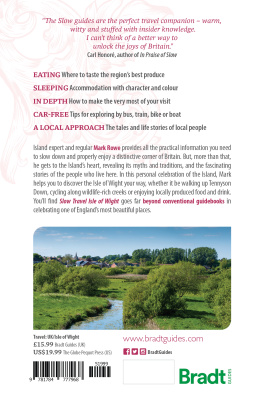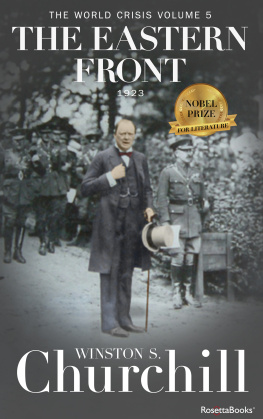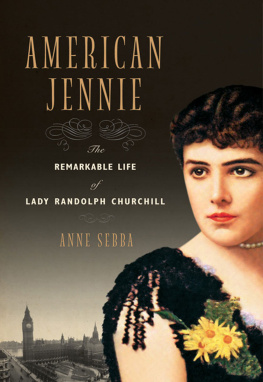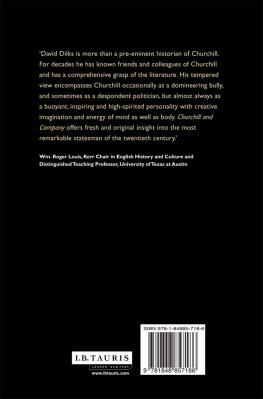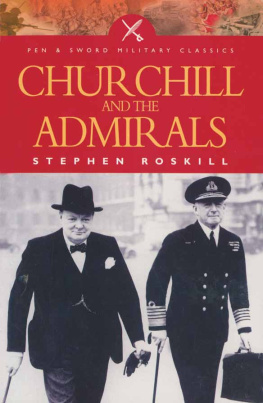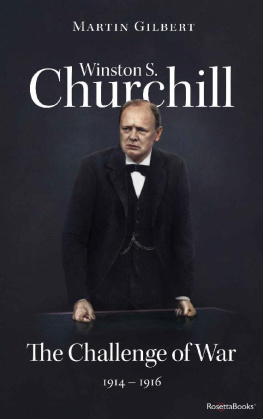Title Page
AUGUST 1914: ENGLAND IN PEACE AND WAR
by Mark Rowe
Publisher Information
First published in 2013 by
Chaplin Books
1 Eliza Place
Gosport PO12 4UN
Tel: 023 9252 9020
www.chaplinbooks.co .uk
Digital edition converted and distributed by
Andrews UK Limited
www.andrewsuk.com
Copyright 2013 Mark Rowe
All rights reserved. No part of this publication may be reproduced, stored in any retrieval system or transmitted in any form or by any means, electronic, mechanical, photocopying, recording or otherwise, without the prior written permission of the copyright holder for which application should be addressed in the first instance to the publishers. No liability shall be attached to the author, the copyright holder or the publishers for loss or damage of any nature suffered as a result of the reliance on the reproduction of any of the contents of this publication or any errors or omissions in the contents.
Dedication
In memory of my mothers father
John Nunn 1894-1973
who did not want to go to war, but had to
And his brothers
Joseph Nunn 1895-1916
and Harry Nunn 1897-1918
each buried near Albert, France
who did not want to die in war, but had to
Part One
England at Peace
Chapter 1
First Shots
The works of mans hands are his embodied thought, they endure after his bodily framework has passed into decay and thus throw a welcome light on the earliest stages of his unwritten history.
Ancient Hunters and their Modern Representatives , by Prof W J Sollas (second edition, 1915)
I
The Honourable Gerald Legge began 1914, the last full year of his life, in Sudan of all places. Other upper-class young men left midwinter England for Switzerland, the south of France, or Egypt, with friends and family. Legge passed through the Suez Canal at Christmas, on a nice empty ship, landed at Port Sudan, and took the train to the capital Khartoum. He went further, where few travellers have ever been, into waterless Kordofan, so waterless that he had to send camels 30 miles to wells: They leave here one morning and get back two days later, he told his father in a letter in March. You suspect from his letters that only in the harsh but simple wilderness did he feel truly himself.
He had wintered far from England before. Born in 1882, the second son of the sixth earl of Dartmouth, he had served in the Army from 1900 to 1905, and had since gone shooting as far as Newfoundland and Java. The Kordofan country was very like the Kalahari, he told his father, but the climate even better. Our hunting is usually done on camels as it is too hot to walk very far in the day time when we have to be chary with water. As soon as we strike fresh spoor we leave with camels and then go on foot and if we kill anything the camel has to carry it. I like these camels, they are wonderfully patient beasts and very forgiving; if only they didnt stink and groan so much I would like them. I took a toss off one, one day; I was in a hurry to get off and shoot a guinea fowl and somehow managed to get off quicker than I expected but luckily I fell on my head, so wasnt hurt, he joked, but missed the guinea fowl.
Legge was disappointed not to see oryx, but shot gazelle. The game was very wild and wanted good stalking, and I am just as fit as blazes, he wrote. On January 31 he arrived at El Obeid, the main place in that region, about 400 miles from Khartoum, paid off boys and camels, and went by train to Kosti on the Nile to find a boat. The country had hold of him already. He wrote of the knowledge that you are bang away from every white man; the Nile will be all ginger beer bottles and orange peels, nearly as bad as East Africa I expect.
He wrote again in February on a man of war on the Nile, which had been waiting at Kosti. The inspector there had been at Eton with Legge. It is the most luxurious form of travelling possible, bathroom, deckchairs, etc etc ... I am not much impressed with the bird life on this river after hearing so many wonderful accounts of it. It isnt a patch on Ngamiland [in the Kalahari Desert] for that but maybe it will improve as we go south. He noted storks, herons and cranes: We have shot a good many duck mostly our own northern species. Legge had skinned the ducks, and a bad job it is as they are all so fat and greasy that each skin takes a very long time to clean.
The hunters shot anything, but the bigger and the faster the animal, the better. The day before he wrote, a fellow hunter, named only as Jack, had shot a water buck and a white-eared kob. While Legge was stalking through some very high and thick grass, he nearly trod on a lion. He jumped up grunting and growling within four yards of me but of course I could see nothing except the grass shaking as he bolted. I ran like mad after him in hopes of seeing him cross an open space somewhere but never got a glimpse. Legge shot what he was stalking and left some of the meat there in the hope that the lion would find it. Legge and his companion went after the lion early the next morning. A native shouted Asser! Asser!, meaning lion. Legge recalled: I saw a great brute prowling around still a long way off and tried to get nearer but it was very flat and open and he saw me and slunk off. We ran after him and he started lolloping away so I had a long shot and got him plumb in that portion of his body least immediately fatal as he was going dead away but the bullet raked forward and he was dead in five yards. As soon as I fired Jack said he was a hyena and he was right! A great big devil too. So I had all the fun of shooting a lion without getting him.
The game was much tamer than Kordofan. The men set off in the dark at 4am to hunt buffalo, to get away from the river. Legge shot wide, and back at the river-boat, found that Jack had shot two bulls. It was hard not to appear jealous, he admitted. Another day, Legge shot a bull from 20 yards away. He wrote how he went for the thin part of his neck just behind the head where his spine, windpipe and big blood vessels are close together:
At the shot he just rolled over without a kick but another bull I hadnt seen jumped up and started looking about. I didnt want to shoot another and expected him to clear off but no! he would wait for his pal and he just stood looking from me to his pal and back again. So I yelled and screamed at him and so did the man with me but he wouldnt move. I liked him for that! He wouldnt leave his pal. Then I fired in the air over his head and all the notice he took was to walk towards me looking very truculent. We still shouted at him and I was determined not to shoot at him but he just came on so I shinned up a tree with my rifle and cursed every hair on his enormous body. He came to within 40 yards and then turned and walked back to the dead one and stood there on guard. It was now just about dark so I came down off my perch and left him master of the situation and made a detour and came home. I have a greater respect for a buffalo now than before even . What a splendid beast to bluff me out like that. I am glad I didnt shoot him. So this morning I went back at dawn. In hopes of finding a lion at the dead bull but nothing was there. But my friend of last night had been butting the corpse really hard to make him get up I suppose ... now I can take it easy as I have got what I came for.
According to its postmarks, the letter, addressed to his mother the Countess of Dartmouth, left Khartoum on February 18 and reached the family estate at Patshull outside Wolverhampton by March 1. She was not there, so the letter followed her to the familys London residence in Berkeley Square. On March 10 Legge was writing again before he returned to Khartoum. He was not sorry he was finishing his hunt on the Nile, calling it altogether too tame and touristy and grumbling: ... the whole trip is a hold-up from beginning to end and this Sudan steamers department are robbers of the worst kind. He returned to his costs at the end of the letter: I hear rubber is up but have seen no paper. I hope it is true as I am spending money like water here. Legge had been working on a rubber plantation in Java in November 1907, when his sister Dorothy married Francis Meynell. (How are you? Married, settled down and lived happily ever after! Good for you, Legge wrote to her then, sounding like a man who was not for settling.) Usually, he kept his letters to his shooting: the rest of my news will keep till I get home, he wrote on April 11, from Port Sudan Hotel. A boat was sailing on April 14, and he expected to arrive home on April 26, in time as it happened for his 32 nd birthday. Dear Mother, Just back from the hills as hard as nails and so fit! he wrote. Real hard work down there, with here and there a bit of climbing that nearly frightened me to death. Jack got what is nearly a record ibex, a real fizzer. I got two, one small, the other only moderate, but quite nice heads. But I am rather proud as I found them, stalked them and shot them with no-one to help at all and was previously told they could not be stalked! Legge hoped to go into the hills again in 1915. This country has fairly got hold of me, he had told his father in January. I love it and the people. The Arab is the greatest gentleman I ever met; I wish some of the things that think they are gentlemen at home could live out here for a bit and pick up some wrinkles from the Arab.
Next page

